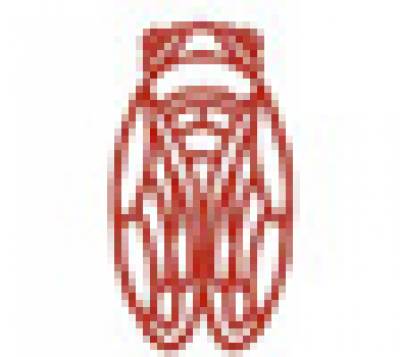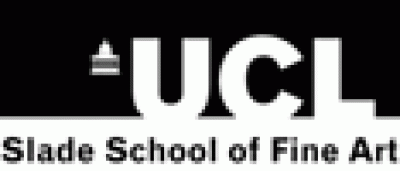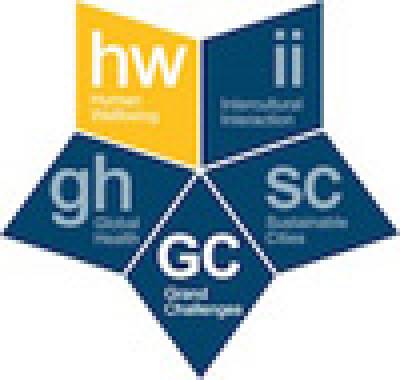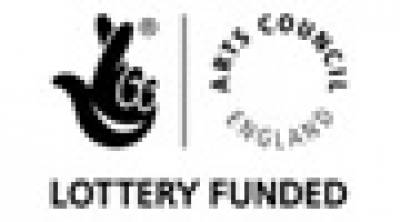Deadline 18th March 2016
Abstracts are invited from individuals or groups responding to the general theme of communicating and/or encountering pain. These may be conventional conference presentations and posters, visual arts or interactive sessions.
While particularly encouraging papers reporting research findings we also welcome those exploring innovative practices at the interface of the humanities, art and medicine.
Papers are invited (but not limited to) the following themes:
- pain encounters within any healthcare context
- pain encounters within alternative settings
- pain encounters within a range of cultural contexts (for example explorations of how different cultures and people in different times attempt to make sense of human and animal suffering)
- current and historical visualisations of pain
- the value of the arts to democratizing medicine and breaking down existing hierarchies
- assessing pain by non-conventional methods
- alternative ways of recording and reporting pain narratives
- the implications of patient pain narratives for other areas of medicine such as psychiatry and neurology
- neural mechanisms for pain
- pain as emotion
- pain as identity
- the meaning of pain and its lived experience, in the past and present
Please send a submission of no more than one page of A4, which you are free to use in any way you wish. Guidelines for submissions can be found under the Conference Deadlines tab, however for scientific abstracts (only) please follow the conventional format: Title, Background, Aims, Method, Results, and Conclusion. Conflict of Interest: Authors must declare any financial support received or any conflict of interests on their abstract.
Abstracts must be no longer than one A4 page, font no smaller than 11 pt.
Please send to encountering-pain@ucl.ac.uk by 18th March 2016.
Please include an email address.
Successful applicants will be notified by 18th April 2016.
All accepted abstracts will be posted on the website and presenters encouraged to put their posters on the website after the conference. The committee and Brain Hurwitz as an independent adjudicator will review the abstracts.
 Close
Close








